

Charlotte, Council of the European Union
“I joined the English language unit of the General Secretariat of the Council in December 2011, after passing a translators’ competition. At that point, I was translating from French, German and Spanish, and I have since added Portuguese and Czech. I particularly appreciate the variety of work in the English unit. Whereas other units predominantly translate legislation from English into their mother tongue, the English unit translates all kinds of documents from all EU official languages and edits texts written by non-native speakers. Our unit is a very friendly and welcoming place in which to work, with many opportunities for career development and learning new languages.”
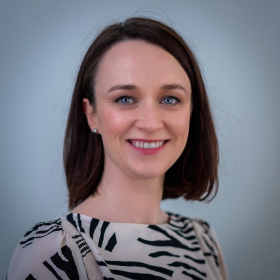
Maura, European Parliament
“Since I was a translation student, I have been fascinated by how multilingualism works in the EU institutions. Working as an Intercultural and Language Professional at the European Parliament has given me the chance to contribute to EU multilingualism and democracy. What I enjoy most is the variety of linguistic tasks: we translate texts using clear language, edit parliamentary documents, and localise content for websites and exhibitions. It’s a very supportive and welcoming place to work with plenty of opportunities to pick up new skills and knowledge! “
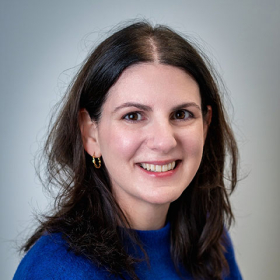
Souzana, European Parliament
“As part of the Greek team in the Directorate for Citizens’ Language, I love that our work extends beyond words — it’s about storytelling, creativity and collaboration. We bring Parliament’s texts to life by using clear and accessible language, always keeping our audience in mind. We also translate and record podcasts and subtitle videos, offering content in diverse formats to reach everyone effectively. Collaboration is at the heart of what we do, as we work closely with colleagues across languages, sharing ideas and brainstorming solutions to all kinds of linguistic challenges. When we see people engaging with our material and connecting in this way with Parliament’s work, it is incredibly fulfilling! It reminds us that our efforts truly bridge cultures and make a difference.”
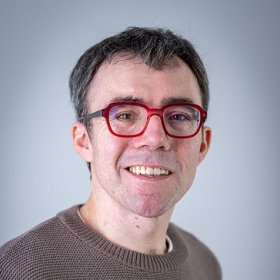
Pablo, European Parliament
“I enjoy language and feel fortunate to work at the European Parliament, where translators strive to provide the best possible language versions to both Members and the public.
Multilingualism allows people in the EU to participate in the European project on an equal footing, and communicating with citizens in their own language fosters a sense of belonging.
The texts and tasks are diverse, and often challenging. Although technology is an inestimable asset, what I appreciate the most are my great colleagues: there is a close-knit team spirit, and everyone is open to newcomers and always willing to help out.”
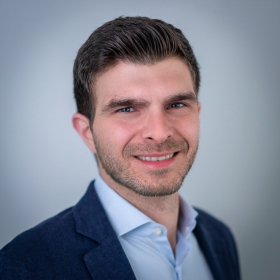
Daniele, European Parliament
“Joining the European Parliament’s translation service in 2022 has allowed me to contribute directly to the development of the European project. As an Intercultural and Language Professional, my translations help citizens to better understand the role and functioning of Parliament in three formats: text, audio and video. In Luxembourg, I have found an open, inspiring, dynamic and growth-oriented environment. Colleagues and managers alike have welcomed me warmly, helping me feel comfortable from day one. And the mix of languages and cultures is just the icing on the cake!”

Dimitri, European Parliament
“What I find most rewarding about my work is that I get to bring the EU closer to people. I translate texts, audio scripts and subtitles with a particular focus on clear language. I also record audio products and operate a linguistic helpline. In addition, I participate in different working groups, which play an essential role in shaping the future of our translation service. And, speaking of the future, the European Parliament organises public events and outreach activities that give me the opportunity to share my experience with the next generation of translators and language professionals!”
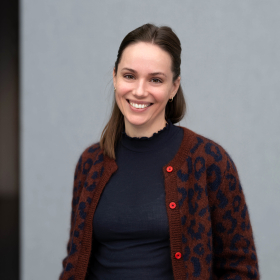
Signe, Council of the European Union
“I recently joined the Council with only little experience in translation, but solid language skills from my studies and previous job. The EU institutions and Brussels were unknown territory for me. However, the butterflies I felt before arriving were swept away by the warm welcome by colleagues and a well-organised onboarding programme. Since my arrival, we have received another three new colleagues of different genders, ages and backgrounds and I’m happy to see that they have all integrated just as smoothly as I did thanks to the inclusive and professional working environment in the Danish language unit.”

Chrysopigi, Council of the European Union
“Learning foreign languages has always been a passion in my life. As a matter of course, translation became the right career path to follow, enabling me to work in communication across cultures and languages.
My work as a translator at the Council of the EU allows me to practice my craft at the highest level, while serving the community of my fellow European citizens. Translating legislation and European Council conclusions, knowing the effect my work will have on people, is a truly fulfilling experience that has broadened my horizons as a professional.
Without doubt, it feels very rewarding to know that I am doing my part in shaping the future of Europe.”
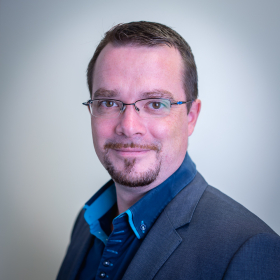
Xavier, European Parliament
“After working as an audiovisual translator for 13 years, I joined the Audio and Podcasts Unit in 2020.
What I love most about my job is the variety of projects: subtitling, adapting for audio, recording podcasts, translating into clear language... Every day is different and brings new challenges!
For example, I particularly enjoyed adapting the Parlamentarium audioguide for blind and partially sighted people.
And hearing people speaking Croatian, Estonian or Finnish while I make myself a coffee is very stimulating and constantly reminds me of where I am: at the heart of Europe.
This multicultural dynamic motivates me every day.”
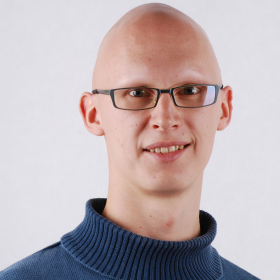
Daniel, European Parliament
“As a former translation scholar, I have always believed that translation ought not to be a mechanical, but instead a creative endeavour, carried out by people who strive towards communicating clearly with the public in a way that is exciting and engaging.
As a language professional of the European Parliament’s Directorate for Translation, I get to dedicate my time to translating subtitles, podcasts, press releases, and many other types of texts that not only document the content of the original texts, but also resonate with the target audience.”

